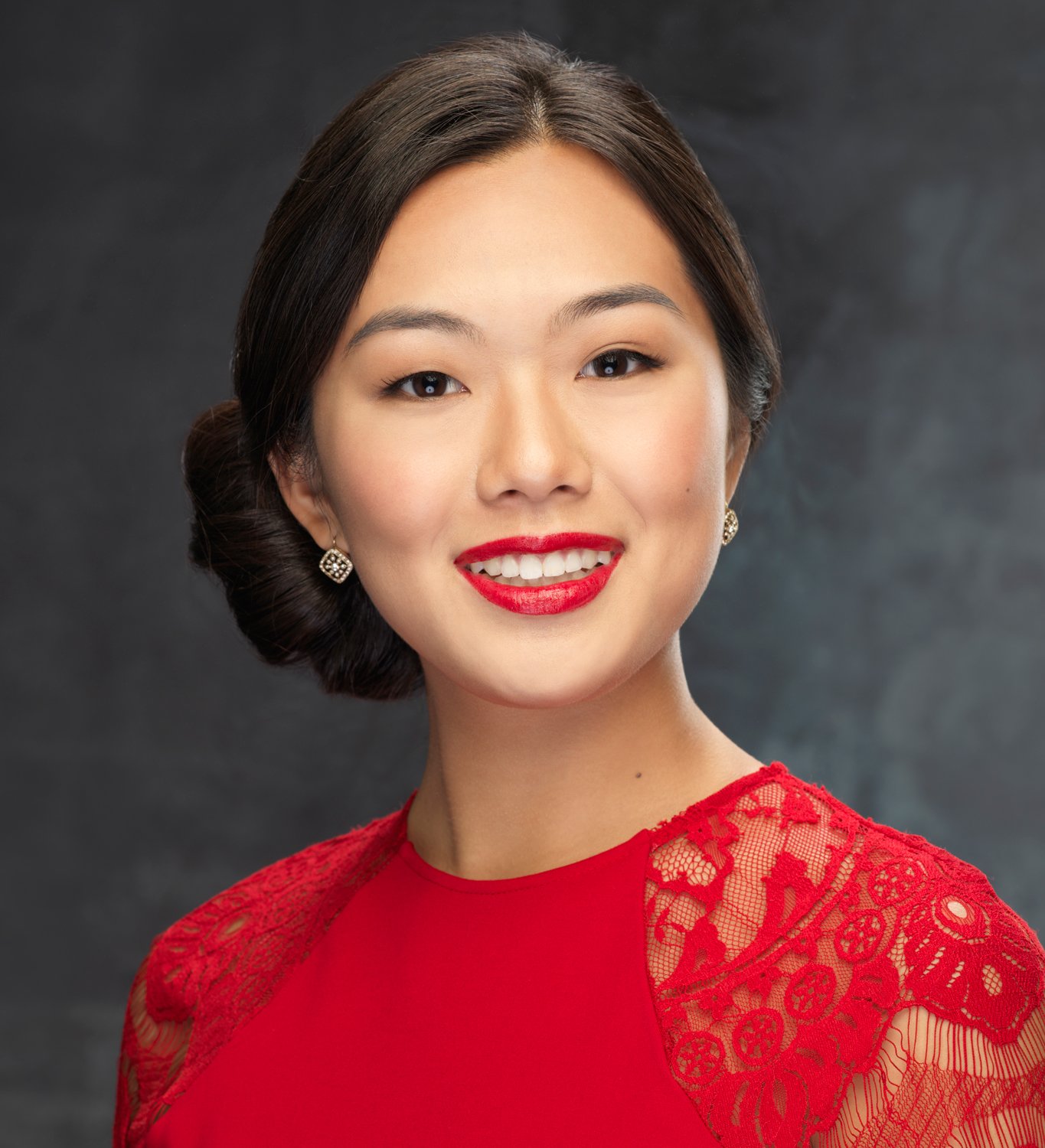A Mandu Meditation
no more lonely hunger
Source: Abhishek Sanwa Limbu (Unsplash)
It’s a sacred tradition
It’s a sacred tradition, as rich as the culture we carry with us from the places we were born: making dumplings is a family affair. My Korean family, your friend’s Chinese family, we all gather in a big circle at Grandma’s kitchen table to fold together our mandu, our baoxi, our gyoza.
There is wicked gossip and quiet moments of concentration. Fierce competitions test folding speed and skill as the trays pile high with grayish little half-moons, the skins as soft and impressionable as a baby’s. Like dutiful little soldiers, they tumble onto the wok popping with oil, or the bamboo sauna of a steamer, and then roll out onto plates. Once barely cooled, they’re ready to collide with soy sauce dippings and be honorably discharged into many hungry mouths. Something about the simplicity of the dish is beautiful: meat and veggies wrapped in flour, love tucked into the folds.
But what is there for me to say about the Asian-American reverence for dumplings that hasn’t already been said and shown? In our expanding foodscape, supposed-specialty dumplings like xiaolongbao and momos are starting to become more mainstream. The global success of dumpling-focused restaurants such as Din Tai Fung have propelled this dish into the mainstream. Viral web series like Buzzfeed’s Worth It on YouTube use their platforms to showcase the deliciousness of Shanghai’s famous soup dumplings and other pocket-shaped offerings to massive online audiences.
After his work as a host and executive producer of Worth It, Steven Lim continues to explore food, its meaning to communities, and the memories they bring up. In an episode of his own series titled Homemade, launched with Watcher Entertainment, Lim delves into his relationship towards dumpling culture. Upon biting into a dumpling the audience watched him fold minutes before, Lim is brought close to tears. It is no secret. We Asian-Americans adore our dumplings. They ground us within our culture. They are our heritage, folded up neatly, and delicious.
Source: Alexander London (Unsplash)
I have fond early memories of folding my own dumplings, or mandu, as we Koreans call them, with my family. At the time, my grandfather was very sick, so it was important that all of us spend as much time as we could with him. Annually, my father’s side of the family would make a pilgrimage to their childhood home in Hayward, California, where every night, we’d eat huge feasts off of plastic trays on the living room floor. Traditionally, Koreans always eat at small tables on the floor. It’s more convenient and comfortable than the stiff, Western dining room set my grandparents, Harmie and Huppy, owned. I remember feeling cozy. I ate dinner in my pajamas on blankets spread across the carpet while playing DS games with my cousins, surrounded by my older relatives.
Recently, I waxed nostalgic to my mother about preparing for these dinners. How it felt to fold dumplings next to my older cousins, aunts, and grandma in a cramped, steamy kitchen. It felt like meaningful work, like I was building on the foundations set by my mother and hers before her.
My mother listened quietly and at the end remarked, “Yeah, I always hated how we never were allowed to eat before the men did. I remember being so hungry every night.”
I was instantly taken aback by this reevaluation and I asked my mother for more clarification. She responded, “Don’t you remember how Harmie never let us eat until all the boys were served? That’s why I tried to fold the mandu as fast as I could; it was so we could have our meal sooner.”
Source: Angela Roma (Pexels)
It was with a sinking feeling that I did remember. I recall running to the kitchen saying that I was hungry and being sat before a tray of wrappers and filling and told to help. I thought of my aunts handing me hot plates of food and their lectures of “Don’t touch this. This is for Huppy. Go and serve it to him, your father, and your uncle.” I remember watching my brother and my younger cousin happily eating the fruits of our labor. They played with their toys in the living room as I handed dirty dishes to my grandma to wash in the kitchen. I remembered it all. And it sucked.
With this suddenly shifted perspective on my childhood memories, I was at a loss. How much should I cherish them? Everything was now shadowed in inequity.
At the time, I was genuinely having fun. In a family dominated by rules of filial piety, the ritual of folding mandu with the other women in my family gave me a sense of community. Sure, we were being devalued by our elders and the men in our lives, but at least we were being devalued together. We were hungry, yes, but at least it wasn’t a lonely hunger.
Source: Portugese Gravity (Unsplash)
Ever since I’ve come to understand my own family’s dumpling history, I’ve been trying not to conflate this heritage dish with the flaws in “traditional” systems. In many ways I am still that naïve kid, cherry-picking through my cultural heritage in an attempt to cling to the parts of my Korean ethnicity that were not painful. I’m always looking for scattered bits and pieces that make me feel proud to be Korean instead of ashamed.
All things considered, I still believe in the goodness of dumplings. I think that they are flexible, and that recipes can be changed. How else could so many of us around the world have managed to reinterpret them in so many different forms? Samosas. Empanadas. Pierogies. They’re all unique and delicious in their individuality. Perhaps someday, I can fold up a new kind of mandu; one that bends tradition in a way that seats everyone at the table, no matter who they are.
The next time I make mandu, it will be under my own roof. It will be with a family that does not measure its members by their assumed importance. And absolutely no one, no one, will ever be served last.
Caroline Chung (she/her) is a staff writer for juxtapose magazine.
Caroline is a lifetime lover of literature, learning, and overall nerdiness who is excited to write about the things she cares about. You can generally find her at home bouncing rapidly between several hobbies and planning her next meal.
Connect with her on Instagram @justcaroleen





